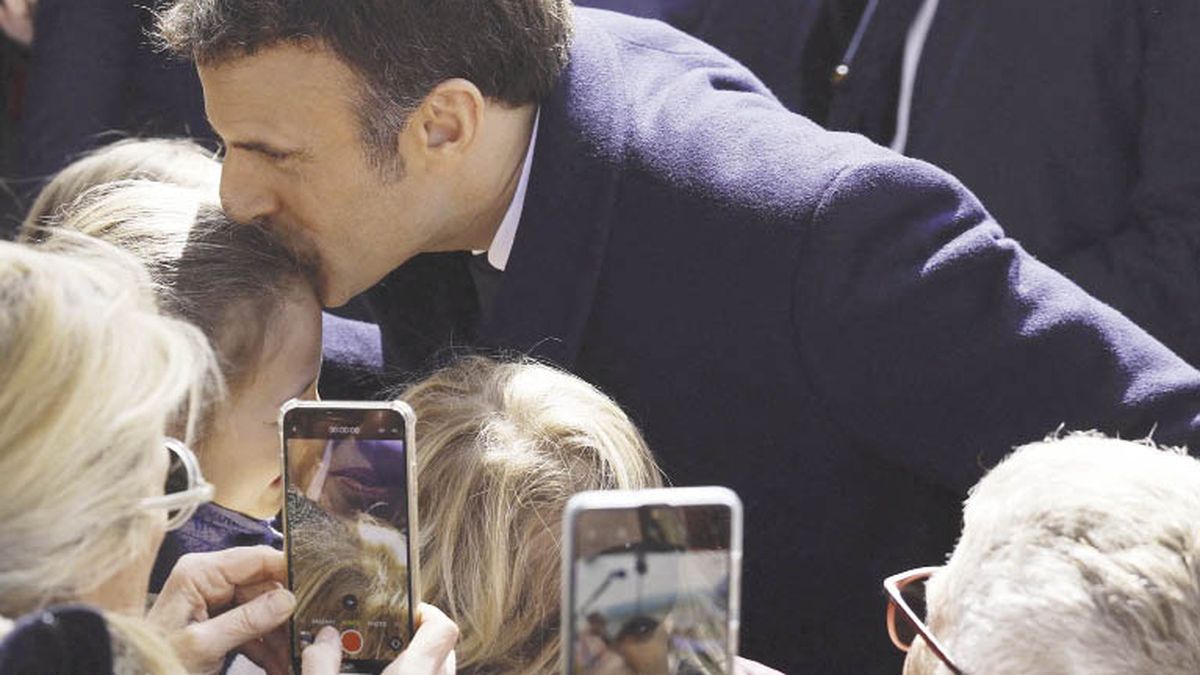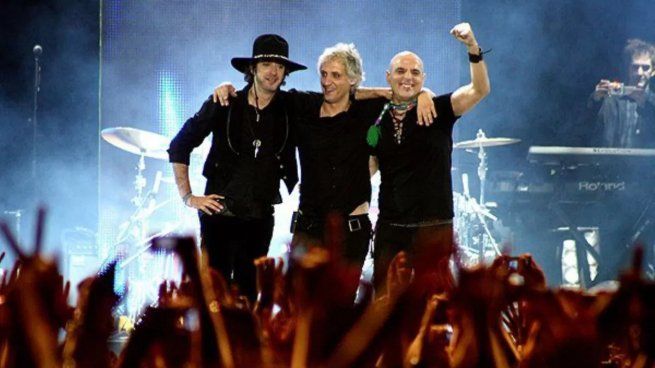Meanwhile, the leftist Jean-Luc Mélenchon, who achieved 21.7%, was left at the gates of the second round. His electoral flow could be divided into a “republican vote” in favor of Macron in the ballot and a social one, an expression of the concern generated by the increase in food and energy prices due to the war in Ukraine, which could lead to Marine LePen. In what proportions you do it can be the deciding factor.
“Nothing is decided,” the president said last night.
On the other hand, who at the beginning of the electoral campaign had emerged as a possible surprise, Eric Zemmor, a man located even further to the right than Le Pen, finished in fourth place with 7%, frayed by his alleged affinity with the Russian president. Vladimir Putin. Last night he called his followers to vote for that candidate in two weeks.
Meanwhile, minor candidates from the left and right gave their support to Macron.
Apathy
The vote, held after a campaign marked by the Russian invasion of Ukraine, sharpened the decline that began in 2017 of the traditional parties, the Socialist and the right-wing Republicans, who achieved 1.7% and 4.8%, respectively.
All this in a context of greater abstention. Participation was more than 4 percentage points less than that of 2017.
The polls on the ballot prior to yesterday’s vote showed a growth of the far-right, which in recent years has moderated its language, but not its substantive proposals. One of those polls even reduced the advantage of the head of state to only 51-49%, within the margin of sampling error.
The French will now have in their hands to choose which direction the country takes until 2027, a decision that could imply a change in the international alliances of this nuclear and economic power if Marine Le Pen is elected.
differences
The 53-year-old National Grouping (RN) candidate proposes leaving NATO’s integrated command, which sets the Alliance’s military strategy, and her election would deal another setback to the European Union after the re-election of Hungarian Víktor Orban.
Macron, his 44-year-old rival from La República en Marcha (LREM), is committed to continuing his pro-European and reformist drive with which he came to power and thus advocates strengthening the military autonomy of the EU, but within NATO.
The international situation is not, however, the main concern of the French. The loss of purchasing power has been the main concern for months, exacerbated by the rise in energy prices after the war in Ukraine.
Marine Le Pen thus bets on presenting herself as the defender of purchasing power and the popular classes to capitalize on discontent with “the president of the rich”, a trend that was reflected in the “yellow vests” protest in 2018 and 2019.
The program of the heiress of the National Front (FN) proposes to reduce VAT on fuel, gas and electricity from 20% to 5.5%, exempt income tax for those under 30 years of age and double aid for single mothers , among other measures.
Shape and background
Although Le Pen softened her speech to appear less radical, her plans also include the traditional proposals of the extreme right: social aid only for French people, expulsion of illegal immigrants and a ban on the Islamic headscarf in public, among others.
Despite this more moderate image, Macron is trying to revive the fear of the “extremist danger”, charging against his rival who, in his opinion, “lies” to his voters and has a racist proposal at heart.
The centrist president, whose government has adopted measures since the end of 2021 to limit the rise in the price of electricity for companies and households and compensate for the increase in inflation, seeks to take a more liberal profile in his second term.
His star proposal is to delay the retirement age from 62 to 65 years. In addition, he proposes to reduce the taxes of the companies in almost 11,000 million dollars, the “renaissance” of nuclear energy and to increase the minimum retirement.
It plays in his favor that the advantage achieved yesterday was somewhat greater than predicted. Also that the economy rebounded 7% last year, more than reversing the 5.5% drop in 2020. Also, that growth this year would be 4%.
Unemployment, meanwhile, is already lower than in 2019 and fell below 8% last year. Inflation, before the crisis in Ukraine, closed 2021 at 2.8% annually, although it climbed to 4.5% year-on-year in March.
However, experts doubt whether the cordon sanitaire around the extreme right will work on Sunday the 24th as it did in 2017 and 2002. For the director of the Jean-Jaurès Foundation, Gilles Finchelstein, the traditional “republican front” would not be enough. to isolate Le Pen.
Source: Ambito
David William is a talented author who has made a name for himself in the world of writing. He is a professional author who writes on a wide range of topics, from general interest to opinion news. David is currently working as a writer at 24 hours worlds where he brings his unique perspective and in-depth research to his articles, making them both informative and engaging.




